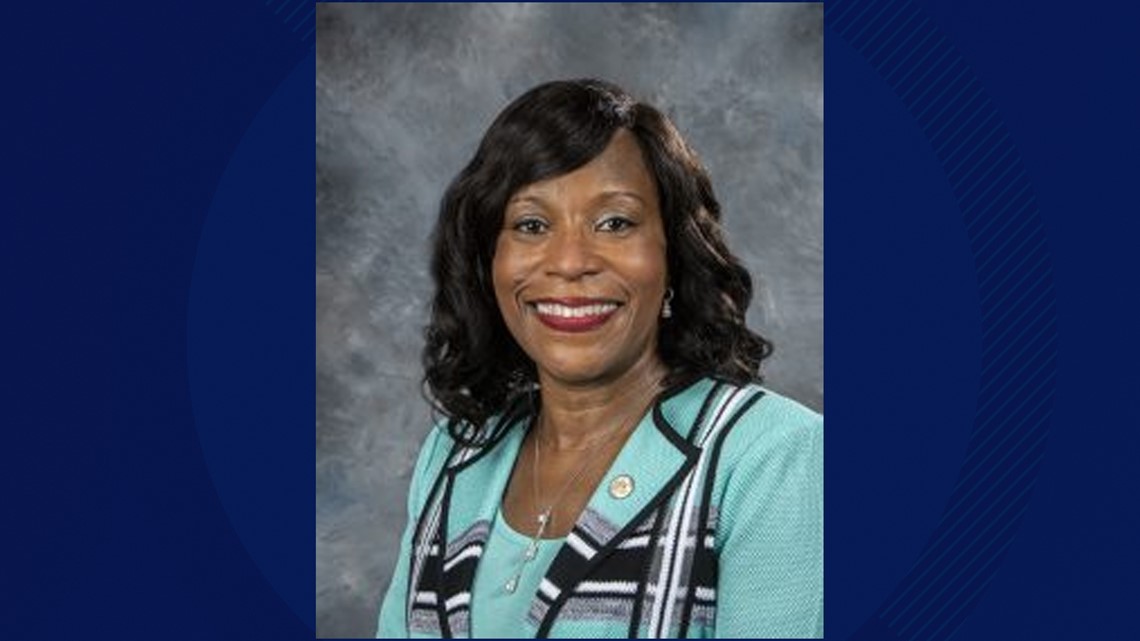MONTGOMERY, Ala. — The secretary of Alabama's Department of Early Childhood Education was replaced after complaints about a teacher training book made their was to the governor's office. Dr. Barbara J. Cooper was appointed Secretary of Early Childhood Education by Governor Kay Ivey on July 1, 2020.
The book in question? The National Association for the Education of Young Children (NAEYC) Developmentally Appropriate Practice Book, 4th Edition.
A statement from Gov. Ivey's office says that Dr. Cooper expanded early childhood education services to more 4-year-olds in the state, put an increased focus on students in lower-performing areas and has even been a champion for computer science education in the state.


Cooper's resignation came after the governor directed ADECE Secretary Barbara Cooper to send a memo to disavow this book and to immediately discontinue its use. FOX54 has reached out to the governor's office to find out if Cooper took these actions and whether Cooper's resignation was voluntary or if the governor asked for it.
FOX54 has requested an interview with the Alabama Department of Early Childhood Education about how the book is used in teacher training and if teachers are required to read the book or follow any of the principles or suggestions in the text. We have not received a response at this time.
Governor Ivey says that she strongly believes that woke concepts have no place at any level of education in the state of Alabama and should not be taking away from the overall mission of improving educational outcomes for students.
According to Ivey's office, the book contained:
"a woke agenda. The book invokes ideas for teachers that there are “larger systemic forces that perpetuate systems of White privilege” or that “the United States is built on systemic and structural racism.” Also included for four-year-olds to learn is that “LGBTQIA+ need to hear and see messages that promote equality, dignity and worth.” The glossary includes equally disturbing concepts that the Ivey Administration and the people of Alabama in no way, shape or form believe should be used to influence school children, let alone four-year-olds."
Governor Ivey stated that she does not stand for these concepts and as long as she is governor, "Alabama will be focused on ensuring our students are receiving a quality education."
Dr. Jan Hume will serve as the interim secretary of the ADECE while Governor Ivey decides on a permanent secretary to lead the department in the immediate future. Information about Dr. Barbara Cooper has been removed from the ADECE website.
FOX54 has reviewed excepts of the book available online and while these particular phrases were not in the excerpted material, there were statement such as:
Appendix B: Digging Deeper into Knowledge: This appendix invites further reading and knowledge development on a range of topics, including anti-bias and anti-racism education, culturally responsive teaching, effective approaches to teaching math and literacy, child development, assessment and observation, and engaging children in playful learning. Our hope is that readers will pursue additional information and coursework.
and
The 2020 position statement on developmentally appropriate practice calls for consideration of not only children’s social and cultural contexts but also the contexts of every educator and the larger program. Each child is a member of family, community, and cultural groups that shape the child’s development and learning from birth. Educators are responsible for finding out what they do not know or understand about children’s and families’ social and cultural contexts. Equally important, educators must recognize that their own experiences and cultural worldviews influence their decisions about valued goals and practices, usually unconsciously. Educators who grew up and were educated in the United States must especially recognize the pernicious effects of systemic racism and other biases that have promoted inequities and the ways in which they themselves can be affected by implicit bias—subtle and often unrecognized attitudes or stereotypes that influence expectations of and interactions with others based on characteristics such as race and appearance (Kirwan Institute 2012; NASP 2017)



